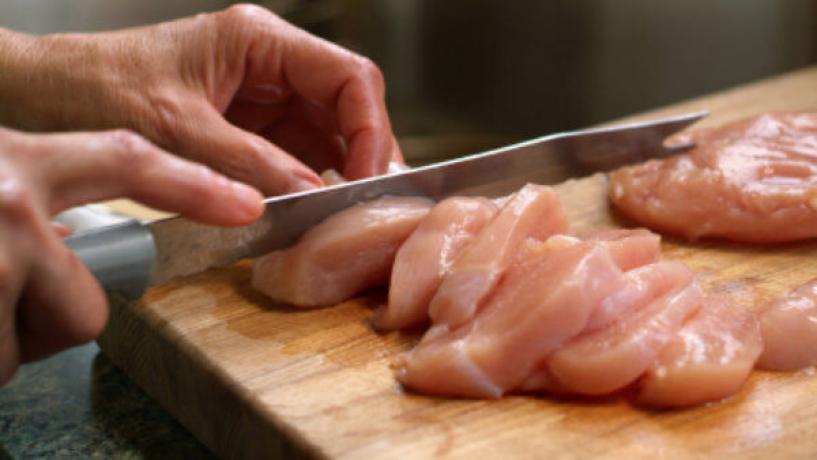
We all get a little nervous about raw chicken and dodgy takeaway dinners, but Australian food experts say we should be worried about the safety of many more foods than this. Representatives from Food Standards Australia New Zealand and Food Safety Information Council recently told news.com.au the seven foods most likely to give you food poisoning and suggested what you can do to minimise the risks.
The Seven Foods Most Likely to Give You Food Poisoning
Rice
Rice is a food poisoning time bomb from the moment we take it home. This popular grain can be infected with Bacillus cereus. The bacterium’s spores can survive in dry conditions, like living in a packet in your pantry.
The spores are activated once the rice is cooked, and they withstand the high heat of this process. In fact, warm, moist rice is the perfect breeding ground for this harmful bacterium.
Rice lovers can cut the risks by putting leftovers in the fridge as soon as possible. These should be consumed within three days.
Poultry
Chicken is a common food poisoning suspect, but duck and turkey can be equally as risky. These birds can carry salmonella and campylobacter. Cooking them completely will eliminate any bacteria in the flesh, but damage can sometimes be done in the food preparation process.
Bacteria can easily splash onto vegetables and other foods when people wash out whole birds, so keep your ingredients away in the early stages of preparing your next roast.
Eggs
The eggs these birds lay can also carry salmonella, but cooking them thoroughly will kill the bacteria. Eat foods containing raw and lightly cooked eggs, such as homemade mayonnaise and custards, with care.
It’s also important to wash down utensils and bench tops if they come in contact with raw egg.
Deli Meats
The risk of listeria in ham, salami, and other cold meats sees pregnant women swearing off deli slices. This bacterium will grow in the cold, but prefers moist, warm environments. Storing sliced meats in closed, refrigerated areas can cut the risks for all carnivores.
Fruits
Fruits grown in the ground, such as rockmelon and watermelon, can grow listeria on their skin. Other fruits can also get listeria when they’re washed with water containing the bacteria, which can be transferred from the soil.
Listeria won’t penetrate fruit skin, but cross-contamination can occur when people touch the skin and then the fruit’s flesh when they’re preparing a snack. Washing fruit thoroughly can cut the risks, as can peeling the skin.
Vegetables And Tomatoes
Your favourite salads could also make you sick if they’re not prepared correctly. Lettuce and tomatoes are common carriers of salmonella and E. coli. Celery and other veggies that grow on the ground can also get E. coli from the soil.
Always wash your vegetables thoroughly before consuming them, and use clean boards and knives to avoid cross-contamination.
Sprouts
Sprouts grow in moist conditions that are ideal for creating more than a salad favourite. This environment also encourages the growth of bacteria, including E. coli, salmonella, and listeria.
Cooking sprouts can help decrease the risk of food poisoning.




